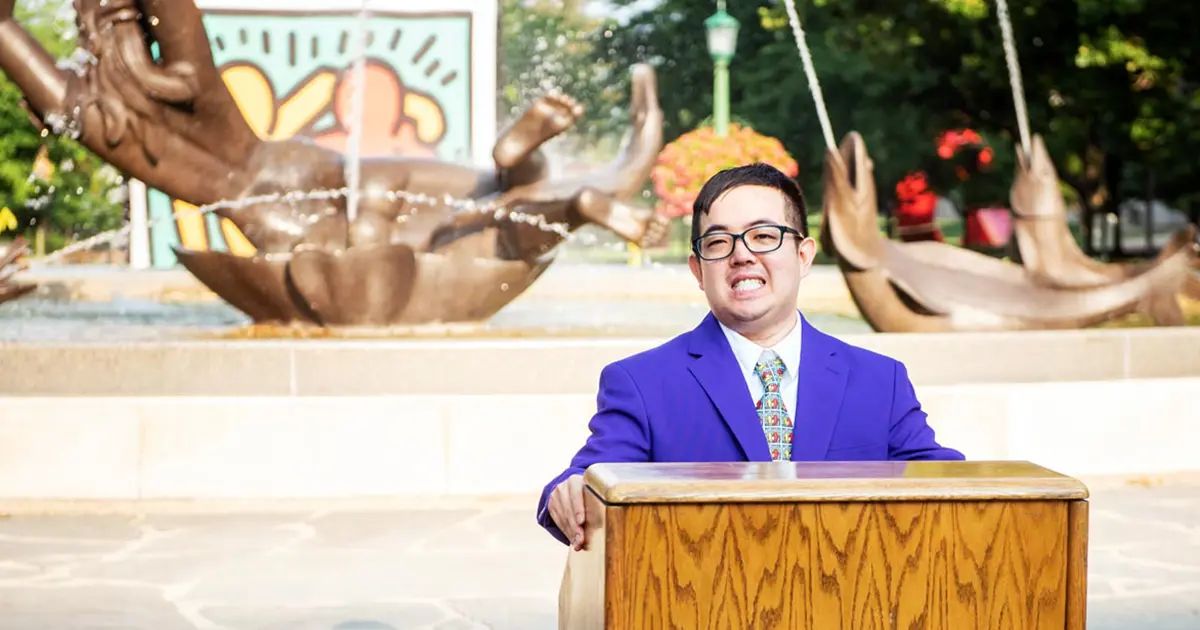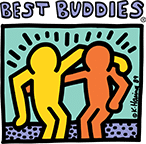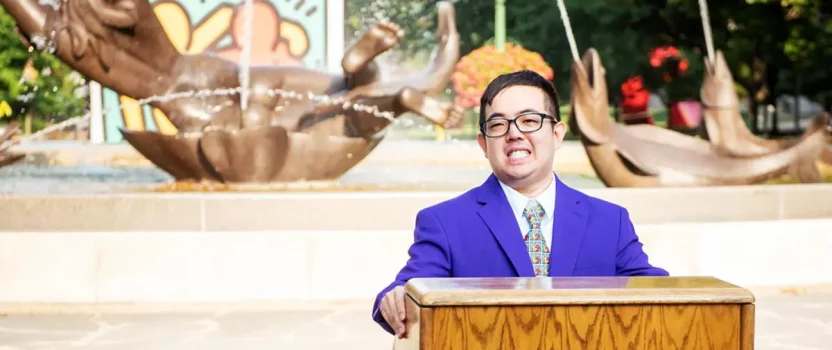Life with an “Invisible” Disability

“Hey! Hello! Do you not talk? Do you speak English? You’re a weird person! You need help!”
This is something I deal with on a daily basis as someone with what is known as an “invisible disability.” My name is Tsukasa Richard Nakai and I have Autism Spectrum Disorder Level 1 formerly known as Asperger’s Syndrome. An invisible disability is something that you cannot see, such as autism, ADHD. With an invisible disability, people often assume that because you “don’t look disabled”, that you are “faking your disability.”
My diagnosis started when my preschool teacher, who had a background in special education, suspected something was off with me and suggested to my mom that I be tested. They found I have sensory integration dysfunction, which was severe at that time. I went to occupational therapy as I had to learn how to regulate my senses. As I progressed in school, nearly all my teachers said, “He’s exceptionally bright, but something isn’t right!” It wasn’t until the fall of my freshman year of high school that my occupational therapist suggested to my mom that she read Dr. Tony Attwood’s book “Asperger’s Syndrome.” My mom thought “A-ha!” That October I was evaluated at the UCLA Help Group for two days, and the results showed I was autistic.
As someone with an invisible disability, I have faced many obstacles in trying to get accommodations and trying to get people to understand me. People judge me based on preconceived notions of what someone with a disability “should look like.” That is why sometimes my actions can be misinterpreted by people that don’t know me or know I have autism. For example, sometimes when I do not know someone, I do what is known as “situational mutism,” where I do not speak to them. People often mistake this as me purposefully ignoring them and showing them disrespect when it is actually quite the opposite.
In a world with both visible and invisible disabilities, I want to use my platform to remind people to take the time to get to know one another. We should not judge a book by its cover or make assumptions about someone without getting all of the facts first. We should strive to get to know each other on a personal level and not jump to conclusions about an individual’s abilities based on their appearance.
In friendship,
Tsukasa Richard Nakai


